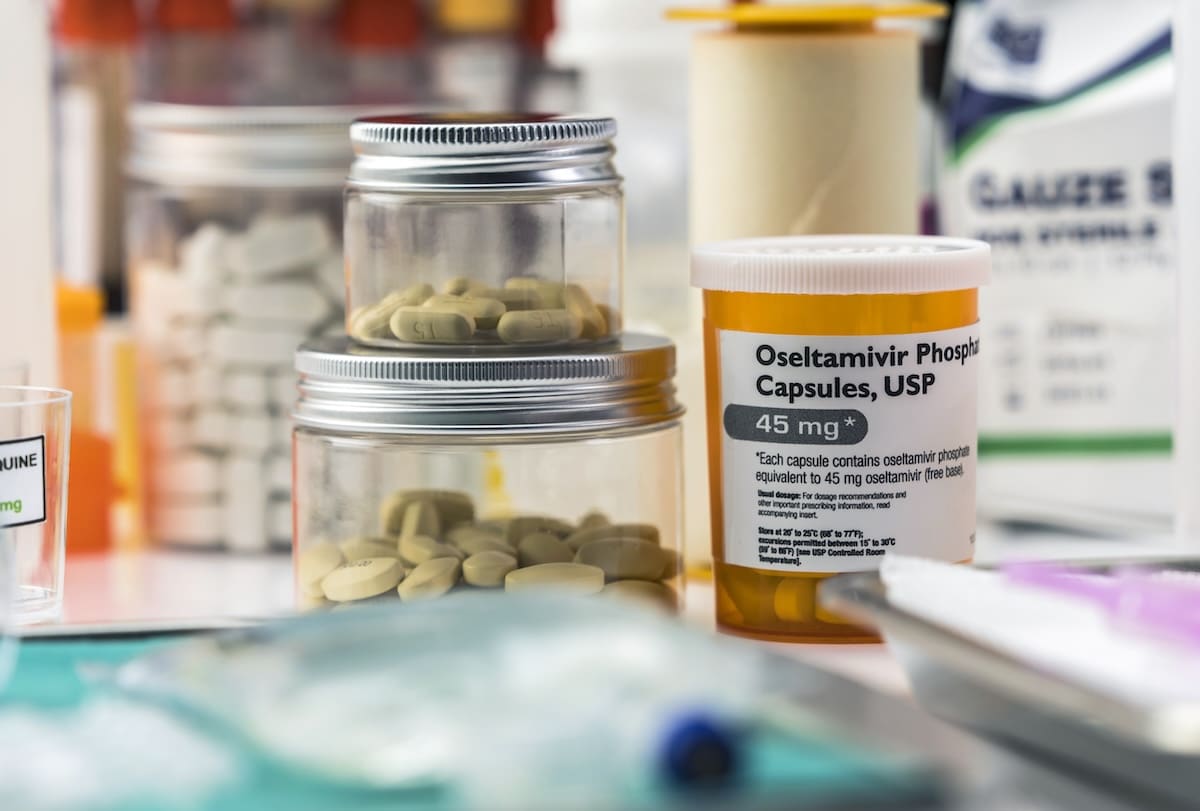Throughout history, women have faced numerous barriers advancing their careers. Yet today, women make up about 60% of the pharmacist and 79% of the pharmacy technician population in the United States. The field of pharmacy has provided a platform for women to make significant contributions and leave a lasting impact on both the pharmacy profession and healthcare at large.
Table of Contents
Women have always played an essential role in healthcare—particularly as midwives, healers, and nurses. However, their contributions were often overlooked or undervalued. It wasn’t until the 19th century that women began to enter the field of pharmacy in significant numbers. At the time, the pharmacy profession was viewed as a natural extension of the household duties that women were expected to perform. However, as more women entered the profession, they began to challenge gender norms and expectations.
Despite the growing numbers of women in the pharmacy profession, they still faced significant barriers. Women were often denied opportunities for education and training, and their career advancement was limited. It wasn’t until the 1960s and 1970s that women began to break down these barriers, with the passage of the Civil Rights Act and the Women’s Liberation movement.
Today, women are leaders in the pharmacy profession, holding positions at every level of the healthcare system. They have made significant contributions to the development of new drugs and treatments, the management of chronic diseases, and the improvement of patient care.
One of the most significant contributions made by women in the pharmacy profession is their advocacy for patient-centered care. Women have been instrumental in shifting the focus of healthcare from disease-centered to patient-centered care. This approach recognizes that every patient is unique and requires personalized care that takes into account their physical, emotional, and social needs.
In addition to their contributions to patient care, women have also played a crucial role in the advancement of pharmacy education and research. They have helped to develop new training programs and curricula that prepare future pharmacists to meet the evolving needs of patients and the healthcare system.
Women have also been pioneers in the field of pharmacy leadership. They have broken down barriers and shattered glass ceilings, holding positions at the highest levels of the profession. From CEOs of major pharmaceutical companies to deans of pharmacy schools, women have shown that they have the skills, knowledge, and vision to lead and shape the future of pharmacy.
Celebrating the Rich History of Excellence: Historically Significant Women in Pharmacy
Pharmacy is a field where women have made significant contributions since the early days. Here are women who have left an indelible mark on the profession:
- Elizabeth Gooking Greenleaf was one of the first female pharmacists in the United States, having opened her own apothecary shop in Boston in 1727. She also published a book on herbal remedies that was widely used at the time.
- Susan Hayhurst (1820-1909) was the first woman to earn a degree in pharmacy from a college or university. She received her degree from Philadelphia’s College of Pharmacy.
- Elizabeth Marshall (1768-1826) was the United States’ second woman to become a pharmacist.
- Mary Corinna Putnam Jacobi (1842–1906) was the first woman to earn a degree from a school of pharmacy, having graduated from the New York College of Pharmacy in 1863.
- Mary Olds Miner was the first woman to be an APhA officer, having been elected as the third vice president in 1895.
- Zada Mary Cooper (1875–1961) was the founder of the Rho Chi Society of Kappa Epsilon Fraternity, and was one of the founders of the Women’s Section of APhA.
- Anna Gertrude Bagley was the first female pharmacist on staff assisting the editor of JAPhA in the 1920s, and was one of the founders of the Women’s Section of APhA.
- Margaret Cornelius “Cora” Dow (1868–1915) was the architect for a successful chain of pharmacies, eventually owning 11 stores, a warehouse, and an ice cream factory.
- Nellie Wakeman (1883–1952) was the first woman to receive a Ph.D. in a pharmacy discipline, and was a faculty member at the University of Wisconsin from 1913 until her retirement in 1946.
- B. Olive Cole (1883–1971) was a mentor and role model for women in pharmacy, and was a faculty member at the University of Maryland from 1920 to 1953.
- Edna E. Capurra Gleason (1886–1963) was the first female pharmacist elected president of the California Pharmaceutical Association, and became a leader in the fight for fair trade pricing.
- Sister Mary John Geiermann (1889–1975) was a prominent hospital pharmacist at Mercy Hospital in Toledo, Ohio, and was a prolific writer and lecturer.
- Sister Mary Gonzales Duffy (1909–1985) was the first woman and first religious sister to serve as president of the American Society of Hospital Pharmacists in 1978.
- Gloria Niemeyer Francke (1922–2008) was the first woman to earn the Remington Honor Medal in 1987, and in 1995, APhA established the Gloria Niemeyer Francke Mentor Leadership Award in her honor.
- Katherine “Kay” Keating (1922–2009) was the first female pharmacist to attain the rank of Captain in the Navy Medical Corps, and was well-known for mentoring other pharmacists.
- Mary Louise Tigue Andersen was the APhA Honorary President in 1997, and was the recipient of the Remington Honor Medal in 2003.
- Joy Holloman Donelson was named the APhA Honorary President in 2005, and was responsible for establishing a series of “The Good Ole Girls” dinners at APhA Annual Meetings.
- Mary Munson Runge was the first woman and first African American to become president of APhA in 1979, and received the APhA Hugo H. Schaefer Award in 1996.
These women have made significant contributions to the field of pharmacy and have paved the way for the next generation of women in the profession. Their stories are a testament to the resilience and perseverance of women in the face of adversity and inequality. Their legacies will continue to inspire and empower women in pharmacy for years to come.
Women will continue to shape the future of pharmacy
The pharmacy profession owes much of its success and impact to the contributions of women. Despite the barriers they have faced throughout history, women have found success and influence in the pharmacy profession, making a difference in the lives of countless patients.
As we celebrate the rich history of excellence that women have brought to the pharmacy profession, we must also recognize that there is still work to be done to ensure that women continue to have opportunities to excel and make a difference in healthcare.
Women have already played a significant role in shaping the future of pharmacy, and they will continue to do so in the coming years. As more women enter the field of pharmacy and take on leadership roles, they will bring diverse perspectives and innovative ideas that will drive progress, advance patient care, and shape a more equitable future for all.








